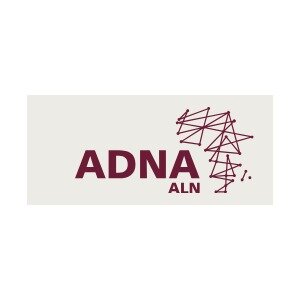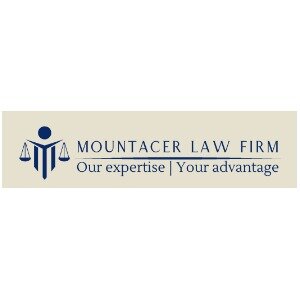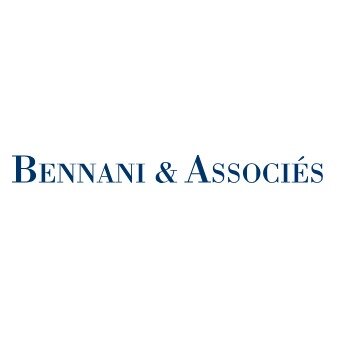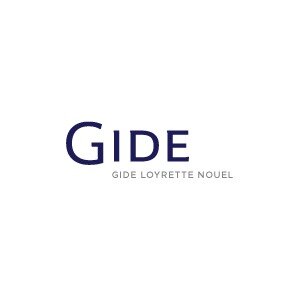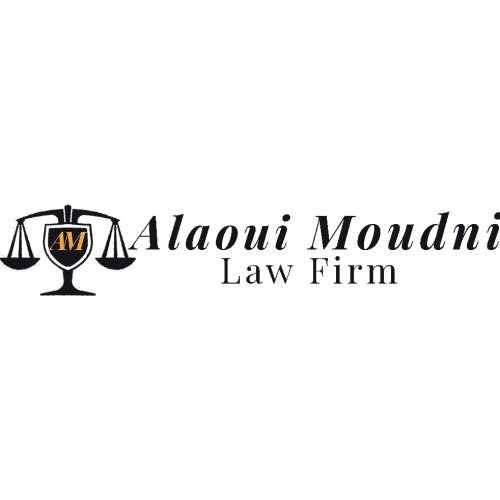Best Nonprofit & Charitable Organizations Lawyers in Casablanca
Share your needs with us, get contacted by law firms.
Free. Takes 2 min.
List of the best lawyers in Casablanca, Morocco
About Nonprofit & Charitable Organizations Law in Casablanca, Morocco
Nonprofit and charitable organizations are instrumental in Casablanca, Morocco, for delivering various social services, promoting cultural and educational initiatives, and providing aid in numerous sectors. These organizations are typically established to serve the public interest, focusing on charitable, educational, religious, or scientific purposes. In Morocco, nonprofits must adhere to local laws that govern their formation, operation, and management, ensuring they meet specific criteria and operate transparently and accountably. Understanding these laws is crucial for setting up and running such organizations effectively.
Why You May Need a Lawyer
There are several situations where legal assistance may become essential for those involved with nonprofit and charitable organizations in Casablanca:
- Formation and Registration: Assisting with the legal requirements necessary to establish and register a nonprofit, which can include drafting the appropriate documentation and ensuring compliance with local regulations.
- Compliance: Navigating regulations related to governance, taxation, and other compliance issues to ensure the organization operates lawfully and efficiently.
- Contractual Agreements: Advising on and drafting contracts with staff, volunteers, suppliers, and donors to safeguard the organization’s interests.
- Dispute Resolution: Handling legal disputes or litigation that may arise, whether with members, donors, or external entities.
- Tax Advice: Providing guidance on tax-exemption eligibility and compliance with tax obligations.
Local Laws Overview
In Casablanca, as part of Morocco, nonprofit and charitable organizations must adhere to specific regulations governed primarily under the framework of the Dahir of May 15, 1958, amended by Law No. 75.00. Key aspects of these laws include:
- Registration Requirements: Organizations must register with the local authorities to gain legal recognition, requiring a clear articulation of their purpose and operational plans.
- Governance Structure: Regulations dictate the necessary governance structures, including board composition, member roles, and reporting duties.
- Financial Reporting: Nonprofits must maintain transparent and accurate financial records and may be required to submit these to relevant authorities.
- Tax Regulations: There are specific rules about tax exemptions and liabilities, and nonprofits often need to demonstrate their public benefit purpose to qualify for exemptions.
Frequently Asked Questions
1. What is the process for registering a nonprofit organization in Casablanca?
The process involves submitting an application to the local administrative authorities, which includes documentation of the organization's statutes, purpose, and governance structure.
2. Are there any tax benefits for nonprofit organizations in Casablanca?
Yes, nonprofits that meet specific requirements may be eligible for tax exemptions, but they must ensure compliance with all applicable laws to maintain this status.
3. Do foreign nonprofits need to register in Morocco to operate?
Yes, foreign nonprofits must register and possibly partner with a local entity to conduct operations legally within Morocco.
4. Can a nonprofit engage in commercial activities in Casablanca?
Nonprofits can engage in commercial activities, provided these activities align with their mission and the profits are reinvested into their charitable purposes.
5. How are nonprofit organizations governed in Casablanca?
They must have a board of directors or a similar governance body responsible for overseeing operations, finances, and compliance with legal obligations.
6. What are the consequences of non-compliance with nonprofit laws in Casablanca?
Non-compliance can lead to penalties, loss of tax-exempt status, or even dissolution of the organization by legal authorities.
7. How often should nonprofits in Casablanca report their financial activities?
While the exact frequency can vary, generally, nonprofits are required to keep detailed records and submit annual reports to demonstrate transparency and accountability.
8. Are volunteers covered under the same legal protections as employees?
Volunteers typically aren't entitled to the same protections or benefits as employees, but there should be clear agreements outlining expectations and responsibilities.
9. Can a nonprofit change its stated purpose after registration?
Yes, but they must notify the relevant authorities of any changes to their statutes and possibly amend their registration details accordingly.
10. What legal responsibilities do nonprofit board members have?
Board members are legally responsible for ensuring the organization fulfills its mission, adheres to its bylaws, and complies with all applicable laws.
Additional Resources
For more information or assistance, consider reaching out to the following resources:
- Regional Investment Center of Casablanca-Settat: Offers guidance for the establishment of nonprofit entities.
- Ministry of the Interior: Governs the regulations for associations and nonprofit organizations.
- Local Legal Aid Clinics: May offer pro bono or affordable legal services for nonprofits.
- Professional Associations: Such as the Moroccan Association of NGOs, which can provide networking and support.
Next Steps
If you require legal assistance for a nonprofit or charitable organization in Casablanca, consider taking the following steps:
- Identify Your Needs: Clearly outline the specific legal services you require, whether it's for formation, compliance, or dispute resolution.
- Consult a Legal Professional: Seek out lawyers with expertise in nonprofit law in Morocco to get accurate and relevant advice.
- Prepare Documentation: Collect all necessary documentation, including your organization's statutes, financial records, and correspondence with authorities.
- Utilize Available Resources: Leverage resources and organizations mentioned above to further understand and navigate the legal landscape.
- Engage with Authorities: Maintain open communication with local authorities to ensure ongoing compliance and address any issues as they arise.
Lawzana helps you find the best lawyers and law firms in Casablanca through a curated and pre-screened list of qualified legal professionals. Our platform offers rankings and detailed profiles of attorneys and law firms, allowing you to compare based on practice areas, including Nonprofit & Charitable Organizations, experience, and client feedback.
Each profile includes a description of the firm's areas of practice, client reviews, team members and partners, year of establishment, spoken languages, office locations, contact information, social media presence, and any published articles or resources. Most firms on our platform speak English and are experienced in both local and international legal matters.
Get a quote from top-rated law firms in Casablanca, Morocco — quickly, securely, and without unnecessary hassle.
Disclaimer:
The information provided on this page is for general informational purposes only and does not constitute legal advice. While we strive to ensure the accuracy and relevance of the content, legal information may change over time, and interpretations of the law can vary. You should always consult with a qualified legal professional for advice specific to your situation.
We disclaim all liability for actions taken or not taken based on the content of this page. If you believe any information is incorrect or outdated, please contact us, and we will review and update it where appropriate.




